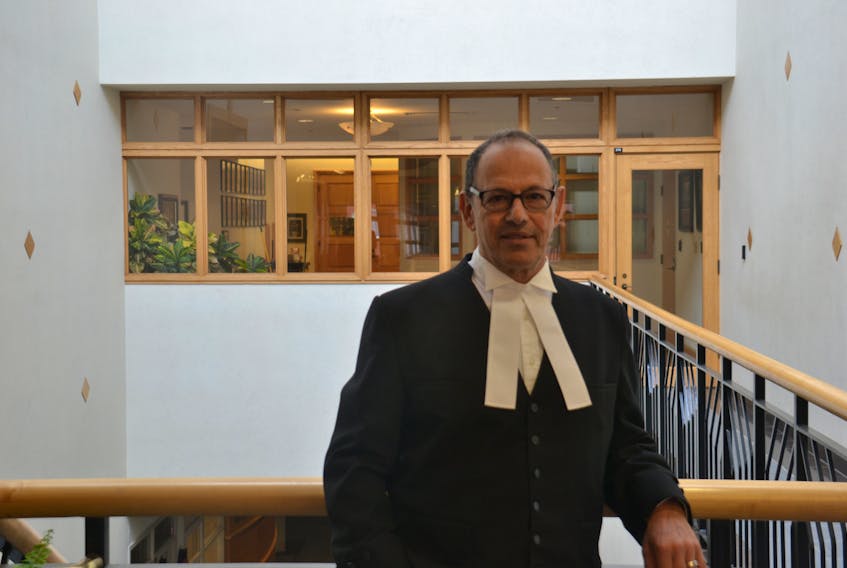CHARLOTTETOWN, P.E.I. — A Supreme Court justice erred in his determination that the province adequately consulted with two Mi’kmaq First Nations in relation to the sale of the Mill River golf course, a lawyer for the Mi’kmaq told an appeals court on Tuesday.
During a hearing before the P.E.I. Court of Appeal, David Rosenberg, a Vancouver-based lawyer representing the Mi’kmaq Confederacy, argued that Supreme Court Justice Gordon Campbell made errors in his June 2018 decision to dismiss a judicial review of the 2017 Mill River sale.
The Mill River case could have national significance in terms of precedence related to the duties of provincial and federal governments in consulting with First Nations prior to sale of lands to private interests. The Lennox Island First Nation and the Abegweit First Nation have claimed title to the land in question. The province opted to sell the property to former Toronto Blue Jays founder Donald McDougall in January of 2017.
The two Mi’kmaq First Nations have also claimed title to the entirety of the landmass of Prince Edward Island. The lands were never legally ceded to the crown.
"The most important issue that is underlying this case, but not directly an issue, is the intersection of Aboriginal title and private property,” Rosenberg told The Guardian.
“What will happen in this country when there is a declaration of Aboriginal title to lands that are privately held? How will we reconcile that?"
Rosenberg said that the Mill River case was not directly about the question of reconciling the loss of lands, or of the rights of private property holders, because it concerned the sale of provincially-owned land to a private individual.
"My clients are not seeking to dispossess anyone of their private property rights. We're looking for the Crown to fulfill its duty to act honourably and consult before granting private property rights."
-David Rosenberg
"My clients are not seeking to dispossess anyone of their private property rights. We're looking for the Crown to fulfill its duty to act honourably and consult before granting private property rights," Rosenberg told The Guardian.
Rosenberg argued that Campbell erred in his interpretation of the requirements of the province related to consultation with the Mi’kmaq prior to their decision to sell the Mill River property.
"This case is about the duty to consult," Rosenberg told the court.
"The Crown never engaged that. The crown never considered their claimed aboriginal title to the subject property.”
The province’s deal with McDougall involved the sale of the golf course and 324 acres of surrounding property for $500,000. The golf course had failed to turn a profit for the province in recent years.
In addition, the province agreed to commit $6 million for capital improvements over 12 years.
Rosenberg argued the Mi’kmaq were concerned about the possible ownership or management of the Mill River lands and how it might affect them if they were able to prove title in the future. But he said Justice Campbell’s decision on the judicial review of the sale was based on the question of the specific present-day activity on the land.
In his decision, Campbell noted that the use of land in question would remain the same. A golf course would remain on the site.
“Transferring land is a legal action. A conveyance of land does not, in and of itself, cause any physical or structural change to that land,” Campbell wrote in his decision.
Campbell also said the province had adequately consulted with the Mi’kmaq.
Rosenberg argued that Campbell’s focus the question of physical use of the Mill River property missed the point.
“The Mi’kmaq’s concern is not about present use, it’s about title,” Rosenberg said.
Rosenberg’s recommendation was for the Order in Council issued by the province, which authorized the land sale, to be suspended for two years in order to allow for further consultation.
The court will hear arguments from counsel representing the province and McDougall over the next two days.
RELATED









